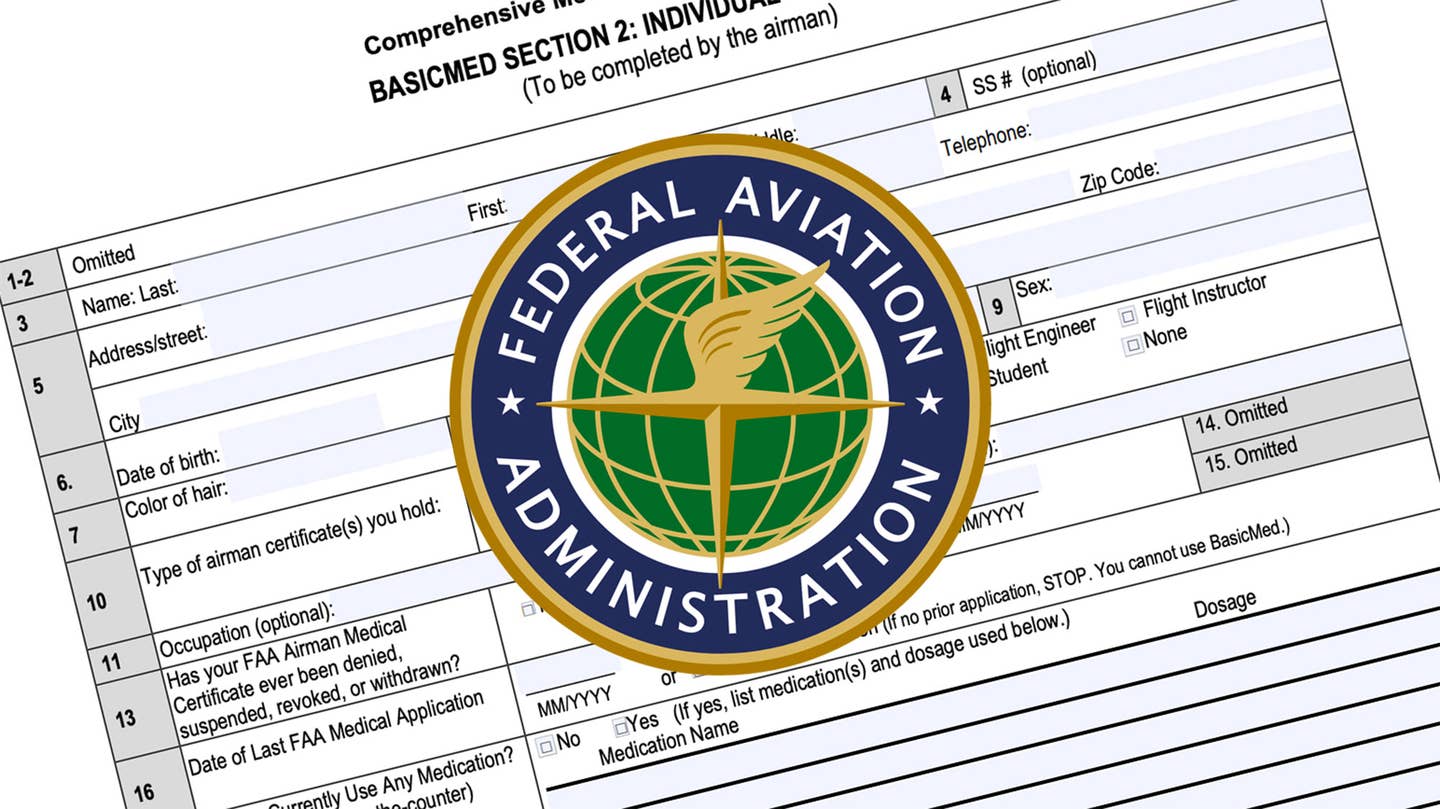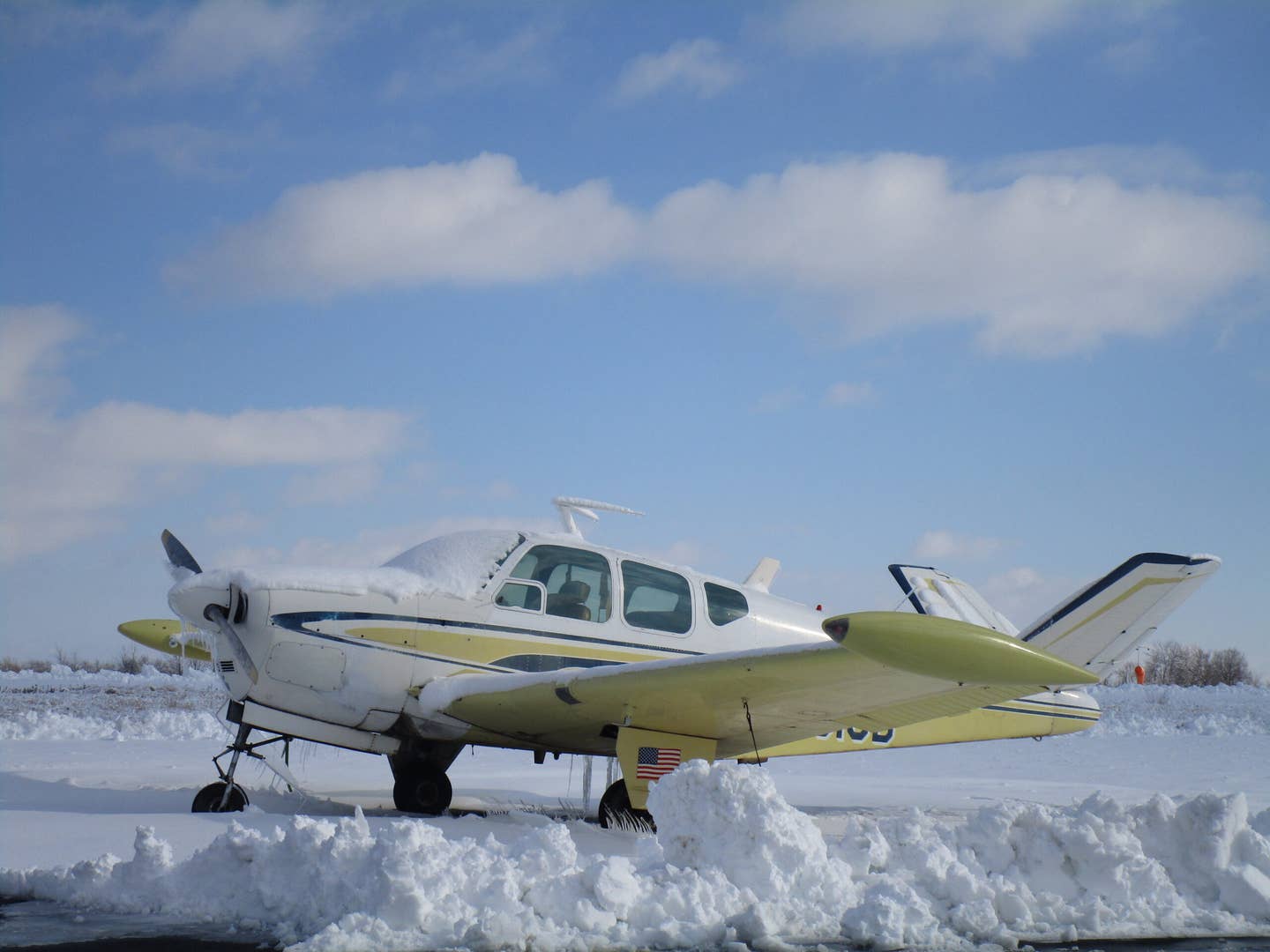Updates to BasicMed
BasicMed expansion allows pilots to fly heavier aircraft and carry an additional passenger.

On November 15, the FAA announced that pilots operating under BasicMed will be allowed to fly aircraft with a maximum takeoff weight of up to 12,500 pounds (up from 6,000 pounds), carry up to six passengers (previously five), and allow DPEs to administer flight checks in BasicMed category aircraft.
The updates were mandated by the FAA Reauthorization Act of 2024.
“BasicMed has been a success, and its improvement and expansion was a high priority of mine when writing the FAA Reauthorization Act of 2024,” U.S. Representative Sam Graves (R-Utah) told the Aircraft Owners and Pilots Association.
BasicMed was enacted in 2017 to allow certain pilots an alternate way of taking to the skies without obtaining an FAA medical certificate. In reports to Congress, the FAA has determined that the safety records of BasicMed pilots do not differ from pilots with third-class medical certificates.
Pilots operating under BasicMed must have held an FAA medical certificate as of July 14, 2006, and have a U.S. driver’s license. They must also complete an online course, have an exam with an aviation medical examiner or licensed physician every 48 months, and their most recent medical cannot have been denied, revoked, or suspended.
Limitations to operating under BasicMed include not flying for compensation or for hire, flying at or below 18,000 feet, and at an airspeed no greater than 250 knots.

Subscribe to Our Newsletter
Get the latest Plane & Pilot Magazine stories delivered directly to your inbox






